The reason that Pink struck a chord with all that watched it, is because the film spoke about something that we’ve all felt and witnessed in our lives, but none have acknowledged – the lacking understanding of the concept of consent.
It was because it finally addressed the fact that when someone says ‘no’, regardless of your relationship with them, their reputation or what ‘signals’ they gave you, or even a prior agreement to engage in sexual activity, it really does simply mean ‘NO’.
And if that’s a message that you feel strongly about, then you will certainly enjoy these films as well.
1. The Accused (1988)
This is the story of a woman who was brutally gang-raped by three men in a bar. When she looked to the legal system for justice, she was only met with questions about her own character – given that she was at a bar, dressed ‘provocatively’ and drunk, among other things – not only by the men of the law enforcement and legal communities, but women too. The film tracks her fight against the way her actions were twisted to mean she ‘asked for it’ and her journey to finally finding justice.
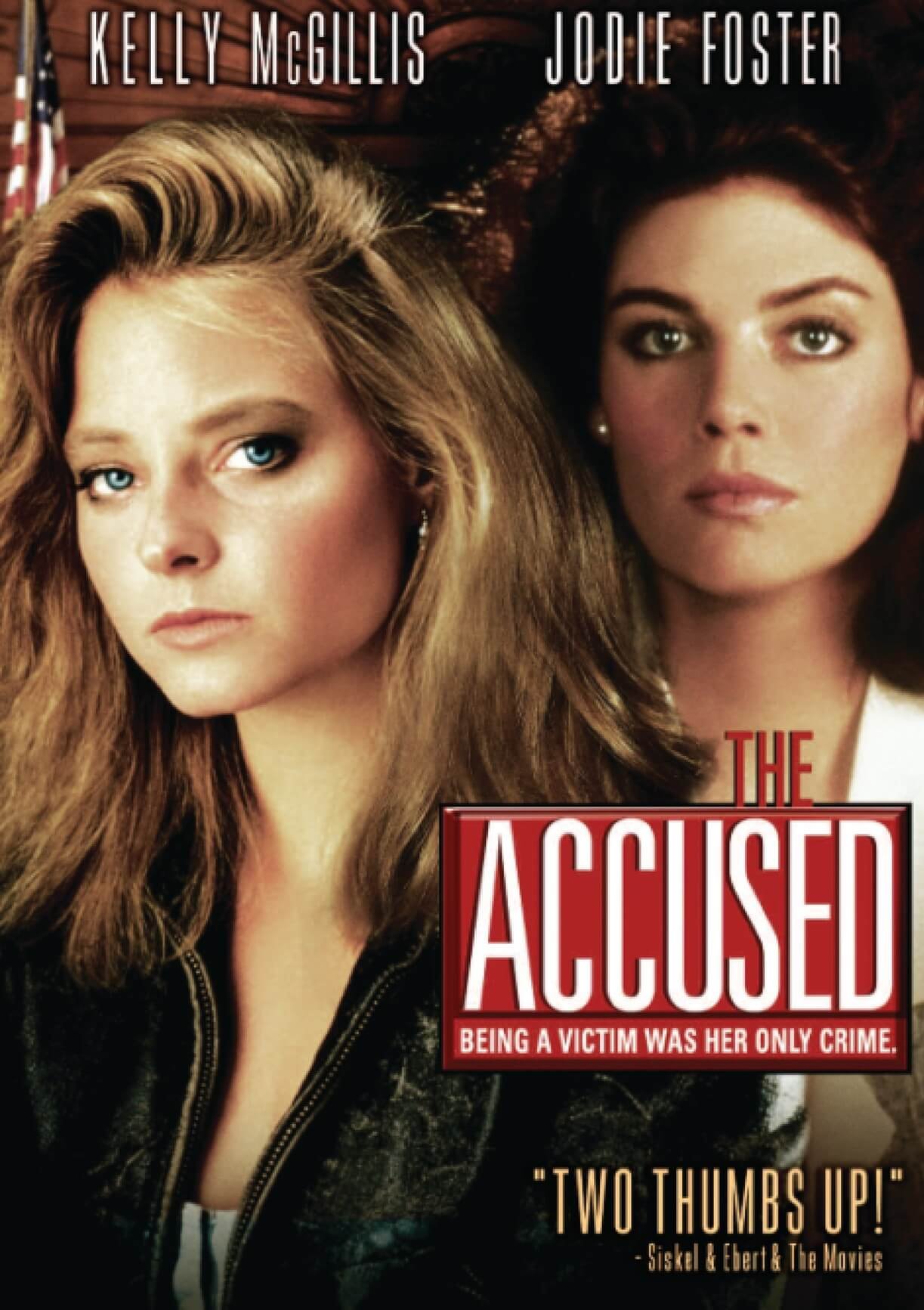

2. When He’s Not A Stranger (1989)
A young college student is raped and brutalised by none other than her best friend’s boyfriend. She tries hard to keep the incident a secret out of shock and embarrassment, but after repeated threats from the perpetrator and his football teammates, she looks for help. However, she finds that the school authorities seem not only biased towards keeping their football star unscathed, but they, and even her friends and family, treat her allegations with outrageous scepticism on the grounds that she ‘knew’ the guy.
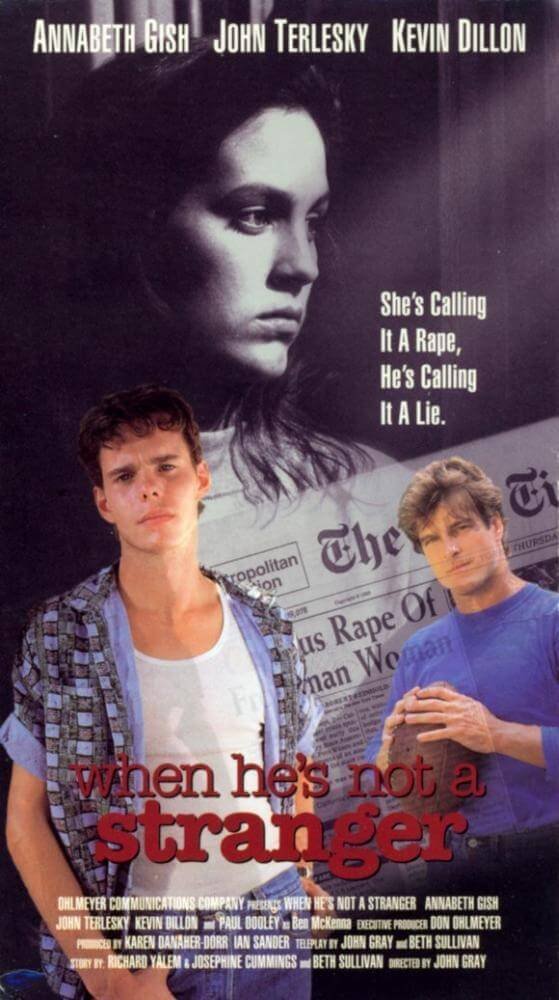

3. A Case Of Rape (1974)
When her husband is away for work, a married woman is raped in her own home by a man she met at night classes and thought to be harmless. She tried to forget the whole thing, but when the same man violates her a second time, she goes to the authorities. We experience, through her eyes, the system’s brutally casual treatment of a crime as sensitive as rape. The blame and suspicion that she is treated with during the investigation and trial, is painful to watch because we’re all aware that this depiction is not far from the reality for most women who have suffered this horrible ordeal.
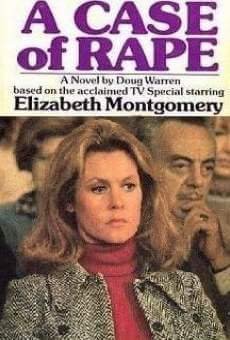
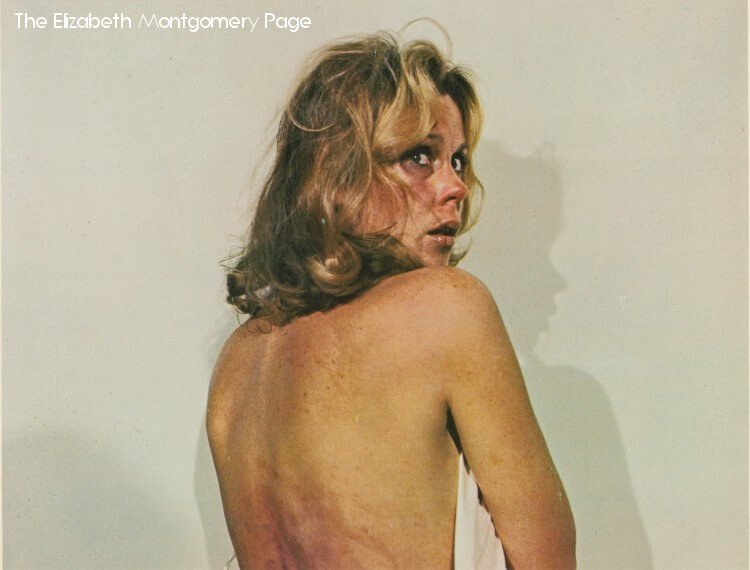
And while these films reaffirm the very important message that consent should truly always be at the centre of any healthy and fulfilling sexual experience without exception, it was rather disheartening to find that not many in the vast world of filmmaking have explored this key aspect of intimacy.
The mere directness with which Pink and the films mentioned above, discuss the fact that no matter what an individual is, does, or says, they’re literally never ‘asking for it’ unless they actually, in no ambiguous terms, ask for it, is what makes them so very important.
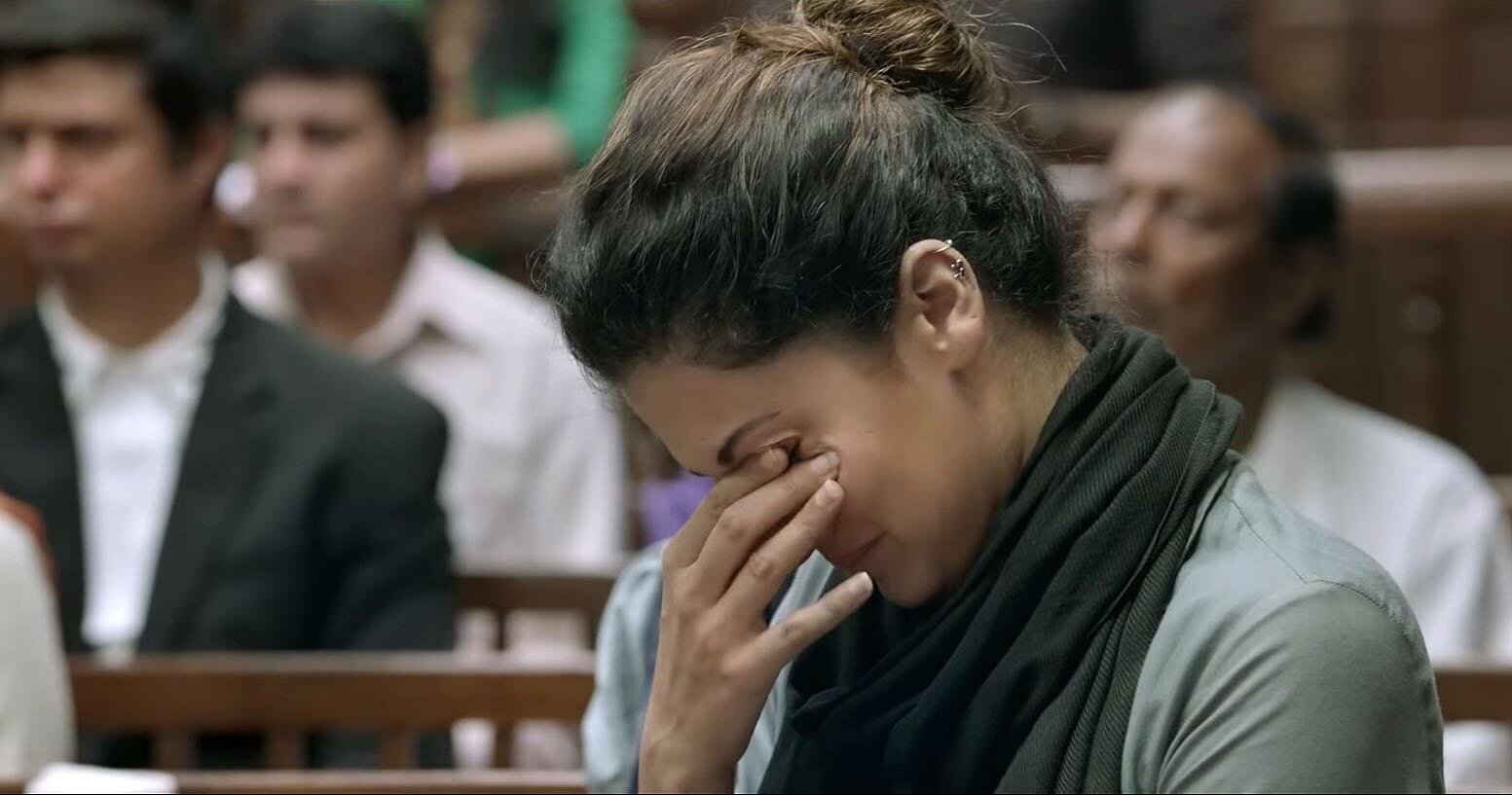
And we’d like to take this opportunity to ask the figures of influence in our nation, to actively invest in this particular cause for the sake of women everywhere.
The power of film as a medium cannot possibly be overstated in this particular debate. We live in a world where pop culture has for generations perpetuated the idea that unwanted advances, if persistent, are ultimately rewarded – which is where the root of the problem lies. It is only by using the media to publicly and repeatedly thwart this skewed perception, that we can ever even begin to actually undo it.
Here’s hoping that Pink is only the first of many future efforts towards bringing the idea of consent to the front lines of social discussion.
Masthead source: The Shady Site, Feature source: Subscene

















